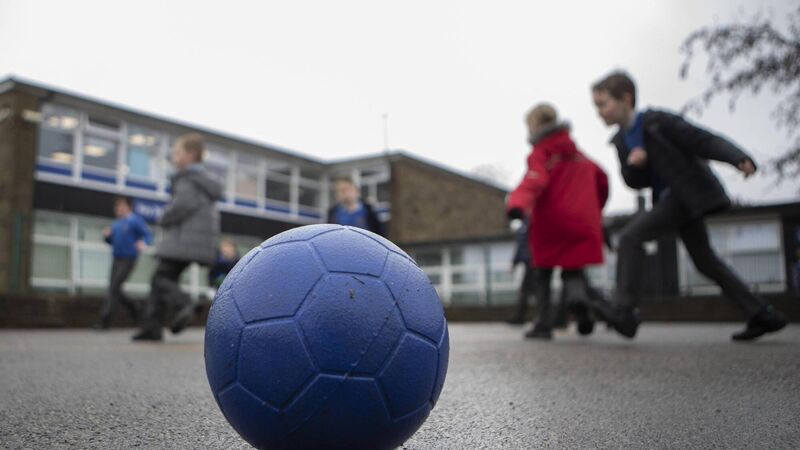'Landmark' NCSE report recommends inclusive education system

The NCSE recommendations represent a substantial systemic reform for Irish education which will impact curriculum, school buildings and facilities as well as professional standards for teachers.
The National Council for Special Education (NCSE) has launched a “landmark” policy advice paper recommending an inclusive education system which would see all schools catering to students.
The advice paper would see schools resourced and equipped to educate all children in their local community, including children with special educational needs.










